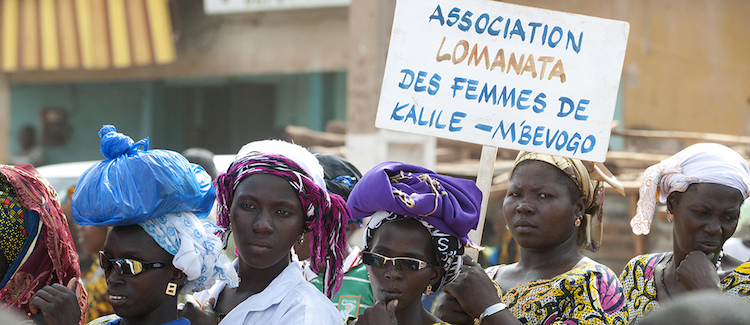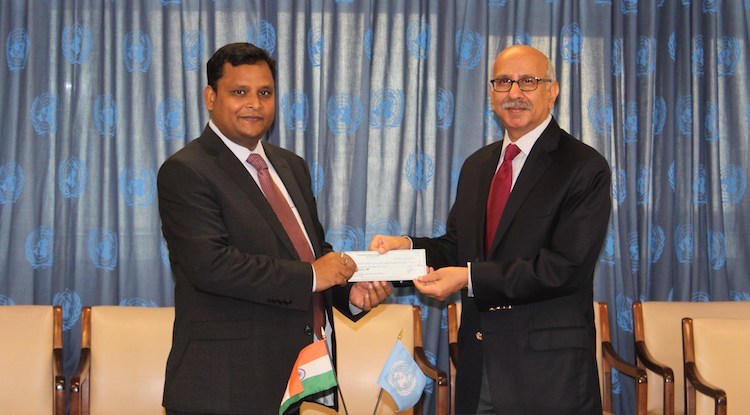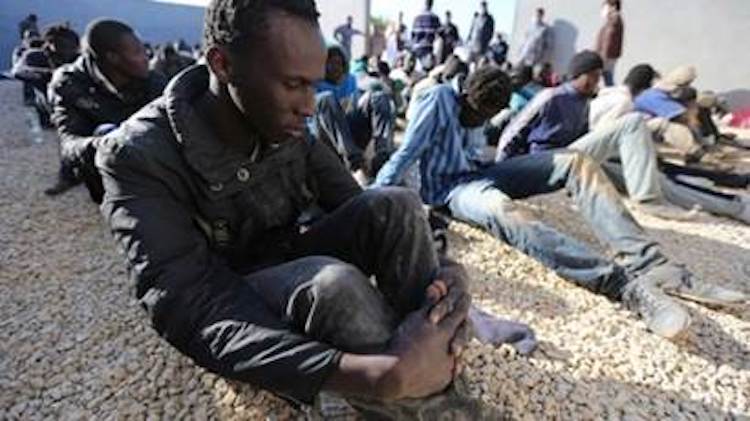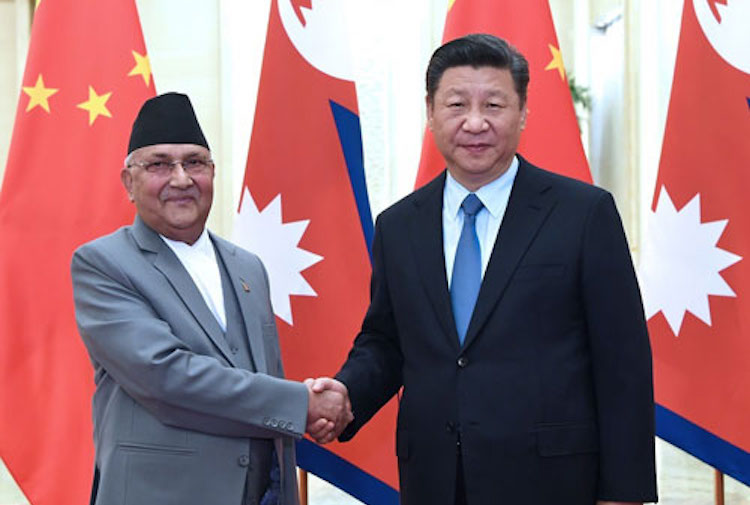Viewpoint by Amy Zhang* MARRAKECH (IDN) – The United Nations International Day of Cooperatives, commemorated every year on the first Saturday of July, underlines the role of cooperatives in sustainable development, wealth creation, and poverty alleviation, giving the hope for an equitable future. But what led to the creation of cooperatives and how do they […]
India Supports Sustainable Development Through UN Tax Fund
By J Nastranis NEW YORK (IDN) – India has provided a voluntary contribution of US $100,000 to encourage the participation of developing countries in the work of a key UN committee on tax matters tasked with finding ways of mobilizing resources for sustainable development. This is the second year India has contributed to the UN […]
UN Sounds Alarm About Ethiopian Dam Threatening World Heritage Site
By Lisa Vives, Global Information Network NEW YORK (IDN) – Lake Turkana, the reputed birthplace of mankind, has been designated an endangered environmental hotspot by a UNESCO panel. Designated a World Heritage Site in 1997, Kenya’s Lake Turkana stands among such treasures as the Taj Mahal, the Grand Canyon and the Great Wall of China. […]
Lao Women Village Weavers Pursue Moderate Livelihoods
By Toung Eh Synuanchanh This article is the 24th in a series of joint productions of Lotus News Features and IDN-InDepthNews, flagship of the International Press Syndicate. BUNGSANTHUENG, Laos (IDN) – The consciousness of finite resource and traditional wisdom are inspiring a group of women in the Southeast Asian country to pursue business practices based on the Buddhist […]
UN Report Bashes India and Pakistan for Multiple Human Rights Violations in Kashmir
By Ramesh Jaura BERLIN | GENEVA (IDN) – In its first ever report on the human rights situation in Indian- and Pakistan-Administered Kashmir, the UN has listed human rights violations and abuses on both sides of the Line of Control, and highlighted a situation of chronic impunity for violations committed by security forces. “There is […]
Africa Is the Epicentre of UN Peace Operations Since 2008
By Timo Smit The author is a Researcher with the SIPRI Peace Operations and Conflict Management Programme. He is currently in charge of maintaining SIPRI’s database on multilateral peace operations (including data-collection), and conducts research on trends in peacekeeping. This article first appeared on June 20,2018. – The Editor STOCKHOLM (IDN-INPS) – This year it […]
13,000 Africans Left to Die in the Sahara
By Lisa Vives, Global Information Network NEW YORK (IDN) – In one of the most shocking reports on the ill-treatment of refugees and asylum-seekers, the International Organization for Migration has confirmed that thousands of African migrants are being left to die in blistering desert heat after being deported by the government of Algeria and dumped […]
Kenya and UNESCO Partner to Upgrade Training and Tackle Unemployment
By Justus Wanzala NAIROBI (IDN) – Soaring unemployment and loud rumblings of discontent from the labour market about the mismatch between skills offered in learning institutions and industry needs in Kenya and the East African region has led stakeholders to swing into action to reverse the trend. One approach is being spearheaded by the United […]
The South Indian State of Kerala Shows the Way By Embracing Migrant Workers
By Shastri Ramachandaran* NEW DELHI (IDN) – By any yardstick of human and social development, Kerala in South India is ahead of most Indian states. It provides social security to all sections of employees and workers through schemes that are superior to what obtains in most other states. Its labour policies are progressive. Minimum wages, […]
SPECIAL REPORT: Ten Years After the Abolition of Monarchy, Communists Blaze a New Trail in Nepal
By Shastri Ramachandaran* NEW DELHI (IDN) – The coming together of Nepal’s two communist parties – Unified Marxist-Leninist and Maoist Centre – which are already in office as the Left Alliance is a landmark development signifying a decisive political turn in the Himalayan country. The unified Nepal Communist Party (NCP) is South Asia’s largest communist […]










